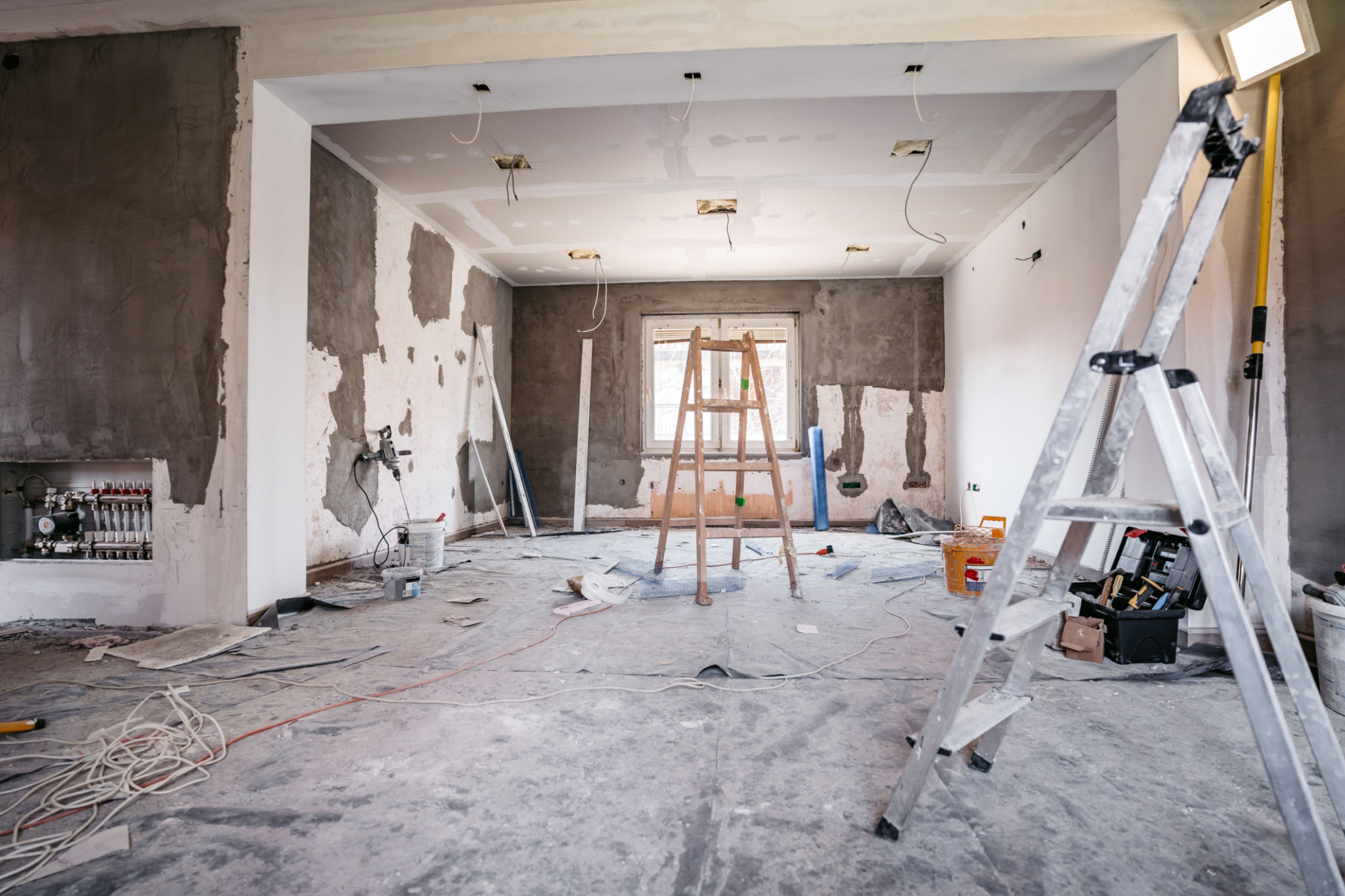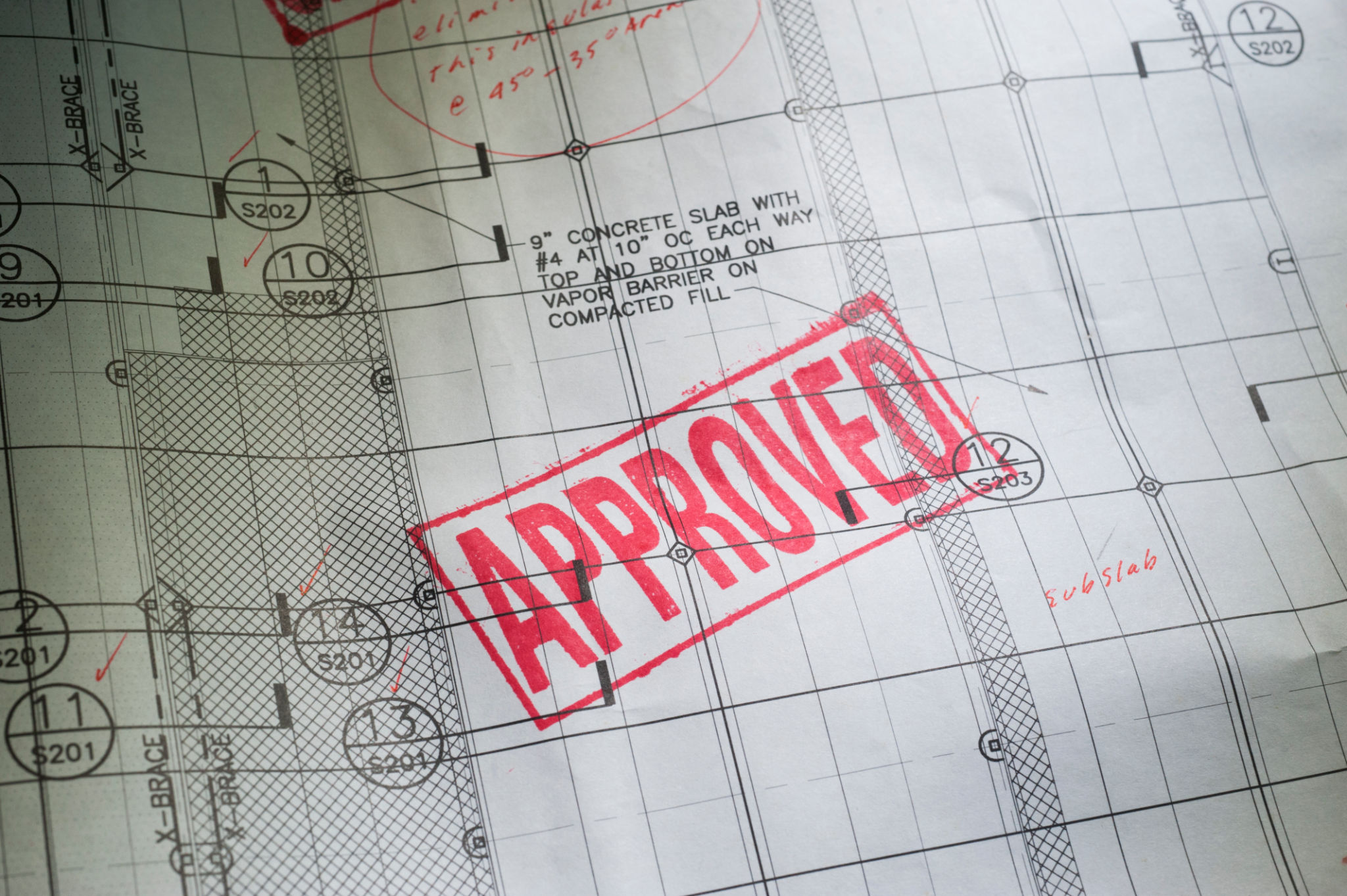Understanding Local Regulations for Home Repairs in Norwich
Introduction to Local Regulations
Undertaking home repair projects in Norwich can be an exciting venture, but it's crucial to understand the local regulations that govern these activities. Adhering to these regulations not only ensures compliance but also helps avoid potential fines and complications. Whether you're planning minor repairs or a major renovation, being informed about local rules is essential.

Why Regulations Matter
Local regulations are in place to ensure safety, maintain community standards, and protect property values. They cover various aspects of home repairs, including structural changes, plumbing, electrical work, and more. By adhering to these rules, you contribute to a safer and more aesthetically pleasing neighborhood.
Moreover, compliance with local regulations can significantly affect your home's resale value. Prospective buyers are often wary of properties that have undergone unpermitted work, which could lead to costly corrections down the line.
Types of Permits Required
Depending on the nature of your project, you may need to obtain several permits from the local council. Common permits include:
- Building Permits: Required for structural changes such as adding rooms or altering existing layouts.
- Electrical Permits: Necessary for new wiring or significant alterations to existing electrical systems.
- Plumbing Permits: Needed for installing or modifying plumbing systems.

Navigating the Application Process
The application process for obtaining permits typically involves submitting detailed plans and specifications of the proposed work. It's advisable to consult with professionals such as architects or contractors who are familiar with local requirements. They can help ensure that your plans meet all necessary guidelines and standards.
Once your application is submitted, it will be reviewed by the relevant local authorities. This review process can take several weeks, so it's wise to plan accordingly and allow for potential delays in your project timeline.
Common Pitfalls to Avoid
One of the most common pitfalls in home repair projects is starting work without obtaining the necessary permits. This oversight can lead to hefty fines and even the need to dismantle completed work. Additionally, failing to meet inspection requirements can result in costly modifications.

Another common issue is not staying up-to-date with changing regulations. Local building codes and regulations can evolve, so it's important to verify that your project complies with the most current standards.
Benefits of Compliance
Complying with local regulations offers numerous benefits beyond avoiding penalties. It ensures that your home repairs are performed safely and meet quality standards, protecting both your investment and your family's well-being. Moreover, it enhances the overall appearance and functionality of your property.
In conclusion, understanding and adhering to local regulations for home repairs in Norwich is a vital step in any project. By securing the necessary permits and following established guidelines, you can ensure a smooth renovation process that adds value and safety to your home.
Conclusion
Being informed about local regulations is crucial for any homeowner planning repairs or renovations. By navigating the regulatory landscape effectively, you not only safeguard your property but also contribute positively to the community's development. Always remember that due diligence today can save you from significant headaches tomorrow.
